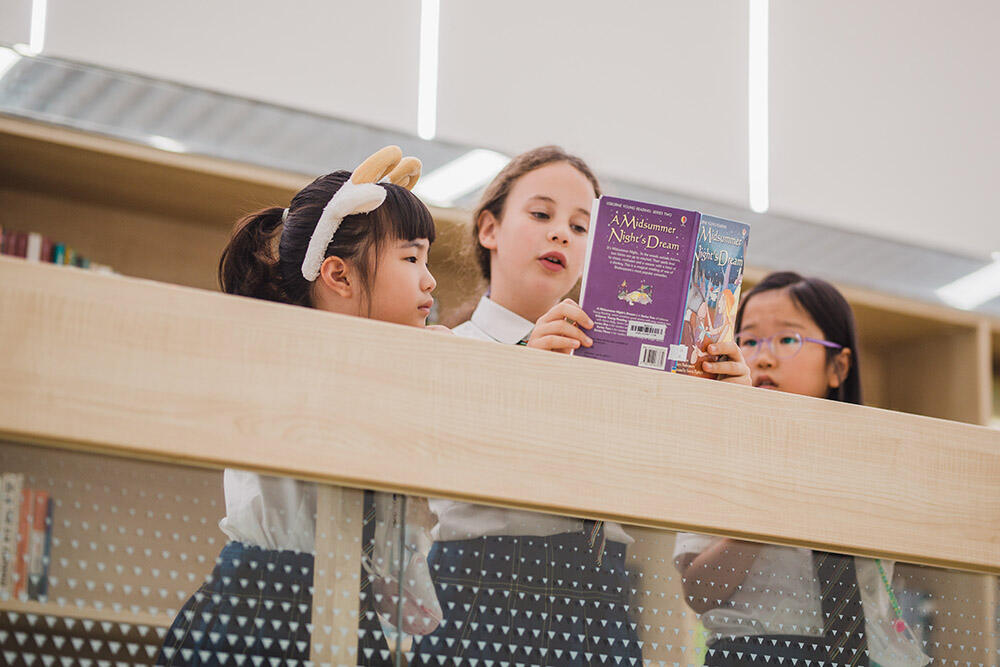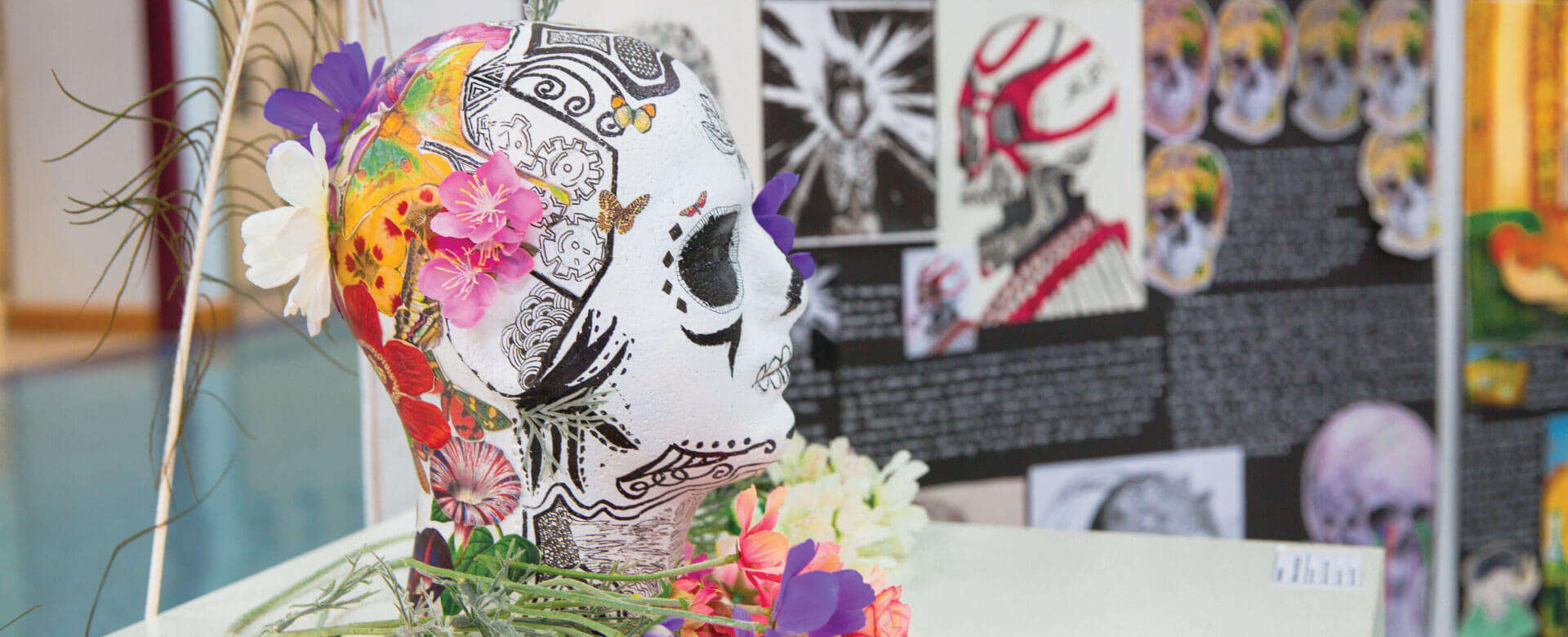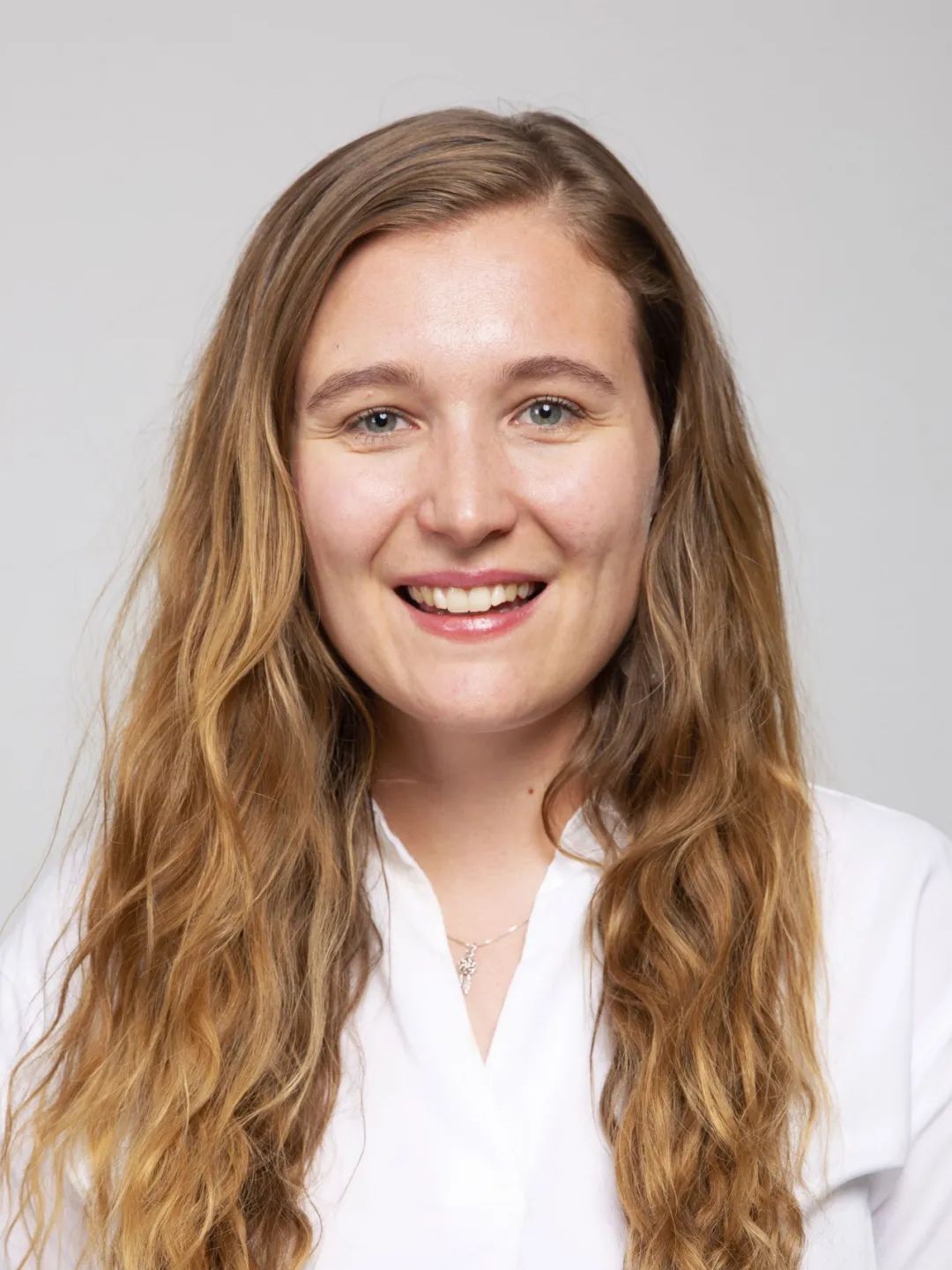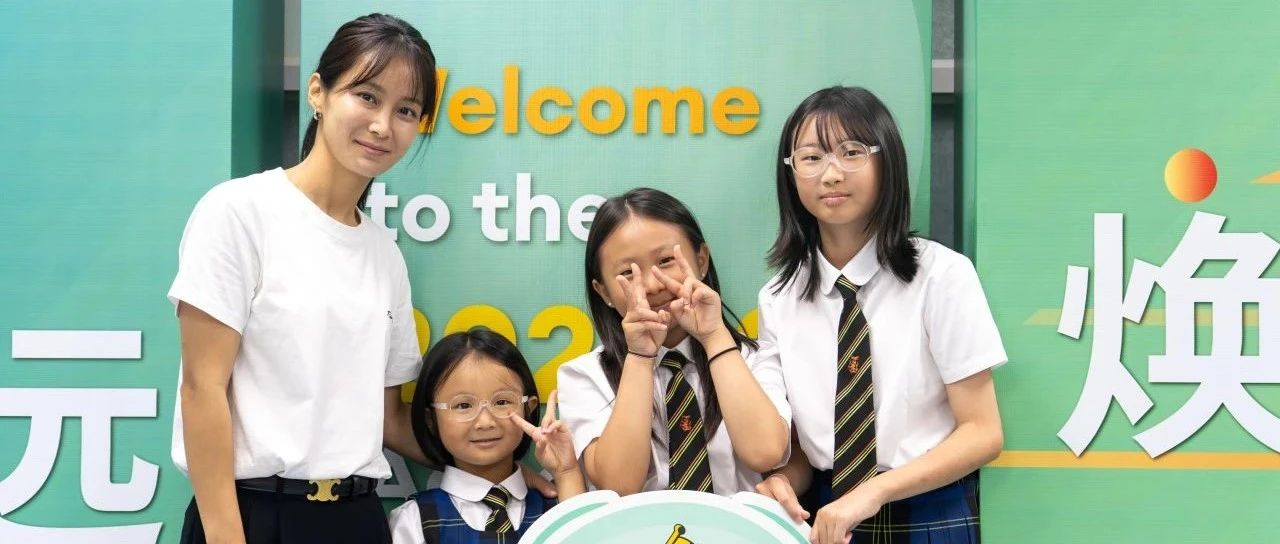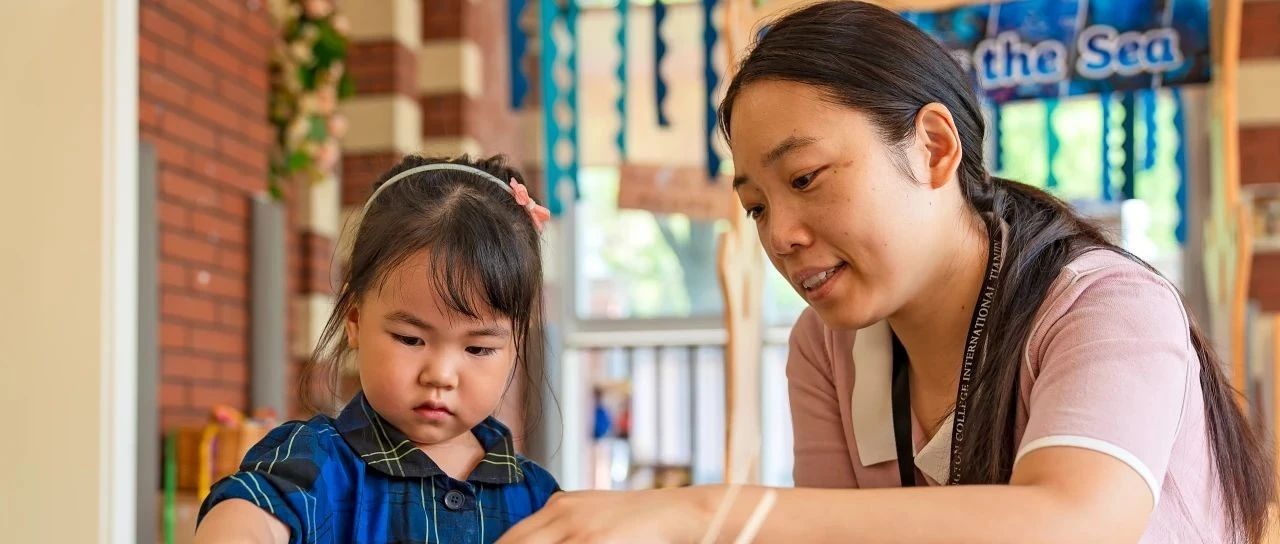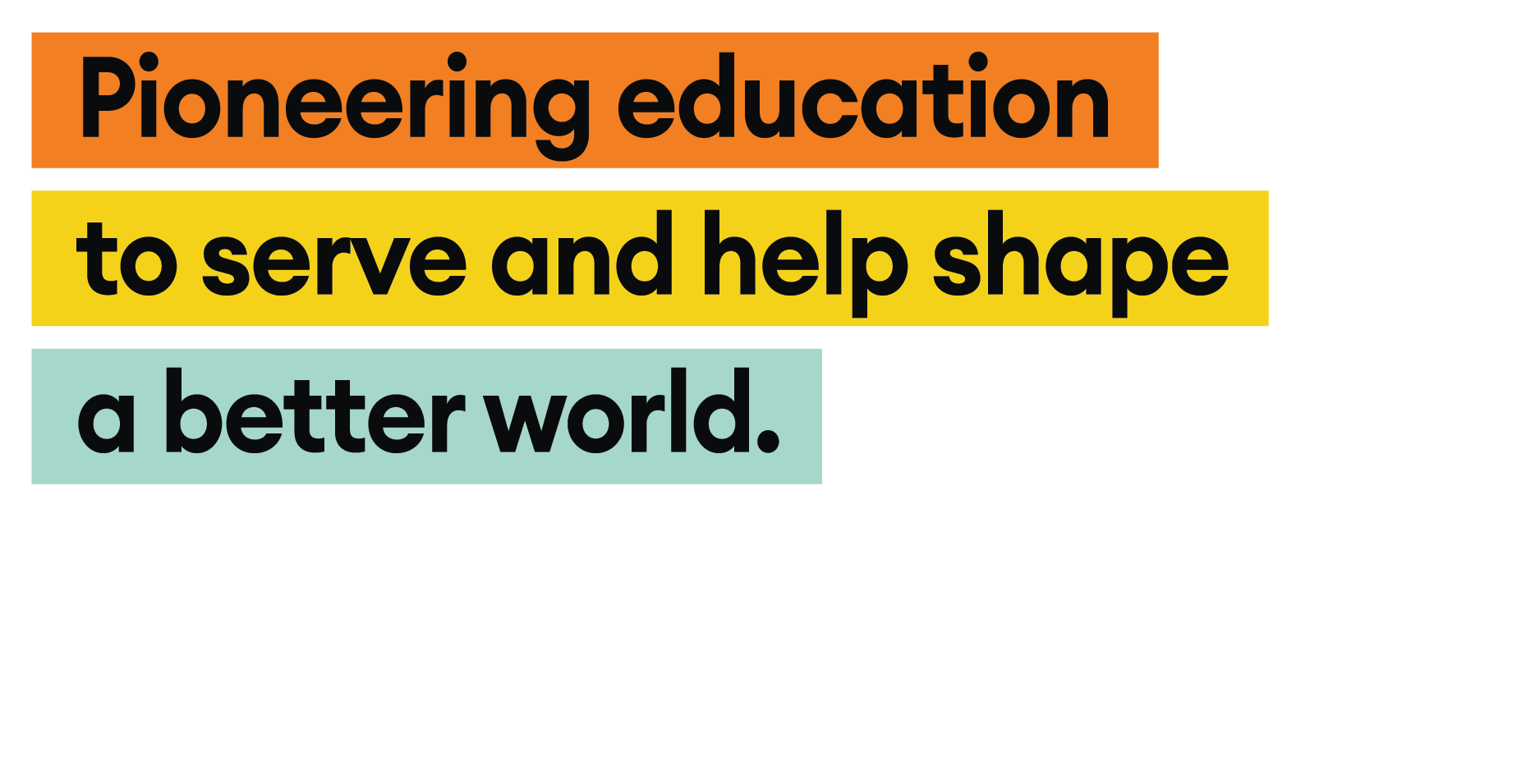From the English Teacher / EPQ Coordinator
Louise Chapman
A brief overview of independence in learning
Fostering independence in pupils is a goal for many of today’s educators and is also a key focus within the Wellington College Education (China) group. At Wellington College Tianjin, much emphasis has been placed on pupils utilising skills of metacognition, defined by Zimmerman as “the awareness of and knowledge about one’s own thinking” (2002, p.65). Thus, by turning implicit into the explicit, we are encouraging pupils to not take in information during lessons passively, but to become aware of their “personal limitations” (ibid) and, by extension, challenge their own and others’ preconceptions. There is a correlation between metacognition and independent learning since, by thinking metacognitively about their own thinking, pupils become “self-regulated learners” (ibid), whilst avoiding the fallacy criticised by Kirschner et al that independence equates to teachers giving “minimal guidance” (2010, p.75) or as it is frequently colloquially expressed, ‘just get on with it’. Instead, pupils have an awareness of their cognitive capabilities in order to reflect upon and structure their own learning experience.
Independence in the sixth form
For our sixth form pupils, the skill of independent learning is crucial as these pupils are on the precipice between secondary and tertiary education: leaving the nurturing familiarity of classroom-based teaching for the world of lectures, seminars and ruthless deadlines. Even the most motivated and determined A-level pupil, who accesses the curriculum at an advanced level, still needs enhanced metacognitive abilities in order to prepare for the demands of the world’s leading universities — destinations for so many of our pupils. Therefore, our question is: how can we further enhance the level of independence in learning in our high attaining sixth form pupils?
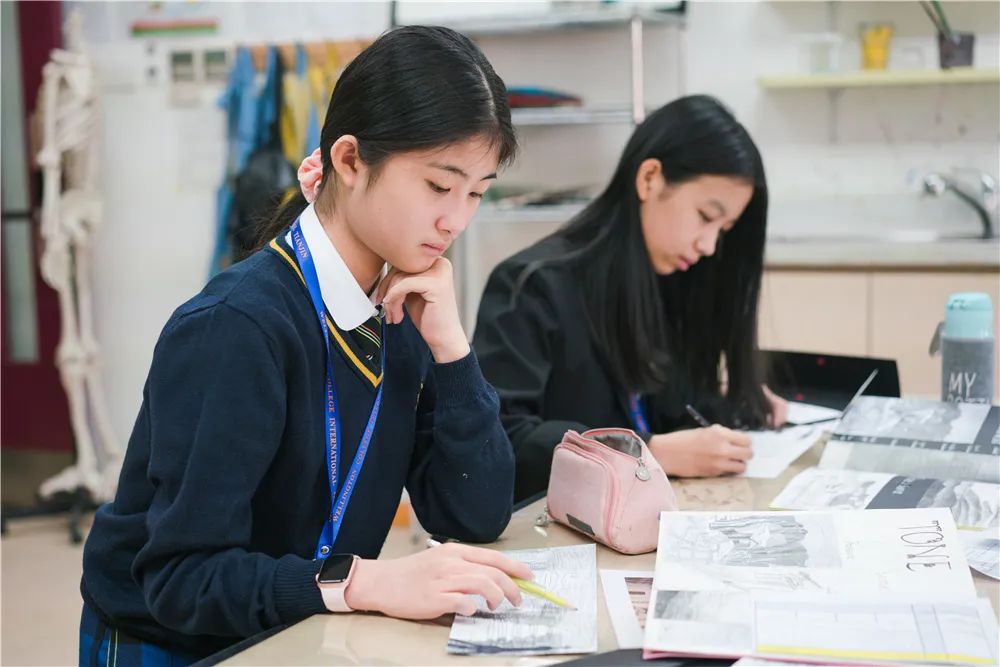
What is EPQ?
The Extended Project Qualification (EPQ) is an AS-level qualification which was introduced to our school last academic year to tackle the question postulated above. Pupils enrolled on the course undertake an independent research project in an area of their choice outside of their A-level studies, the outcome of which is a 5000-word dissertation, production log and presentation to a non-specialist audience. The pupils receive 30 hours of ‘training’ in skills such as referencing, source analysis and time-management tools, whilst the remainder of the qualification time (90 hours plus) is spent researching, logging and writing independently.
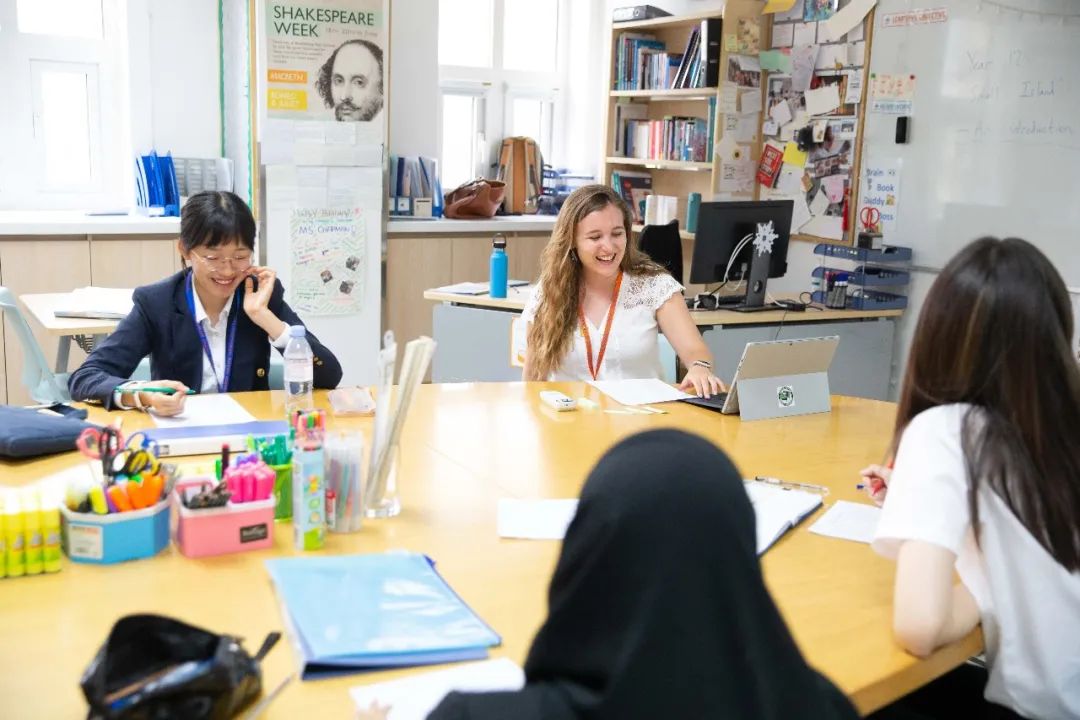
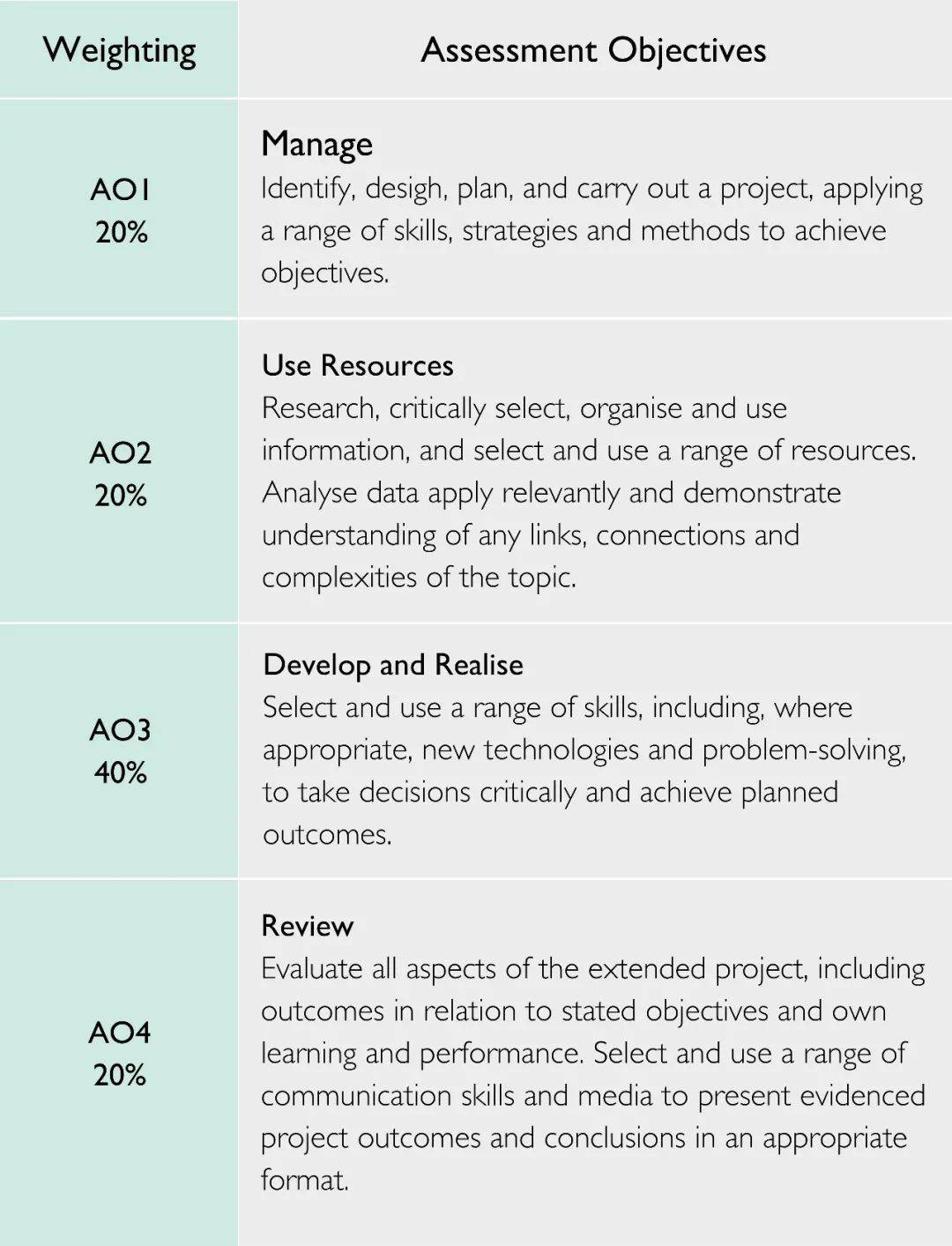
Table 1: The AQA EPQ Assessment objectives and weightings
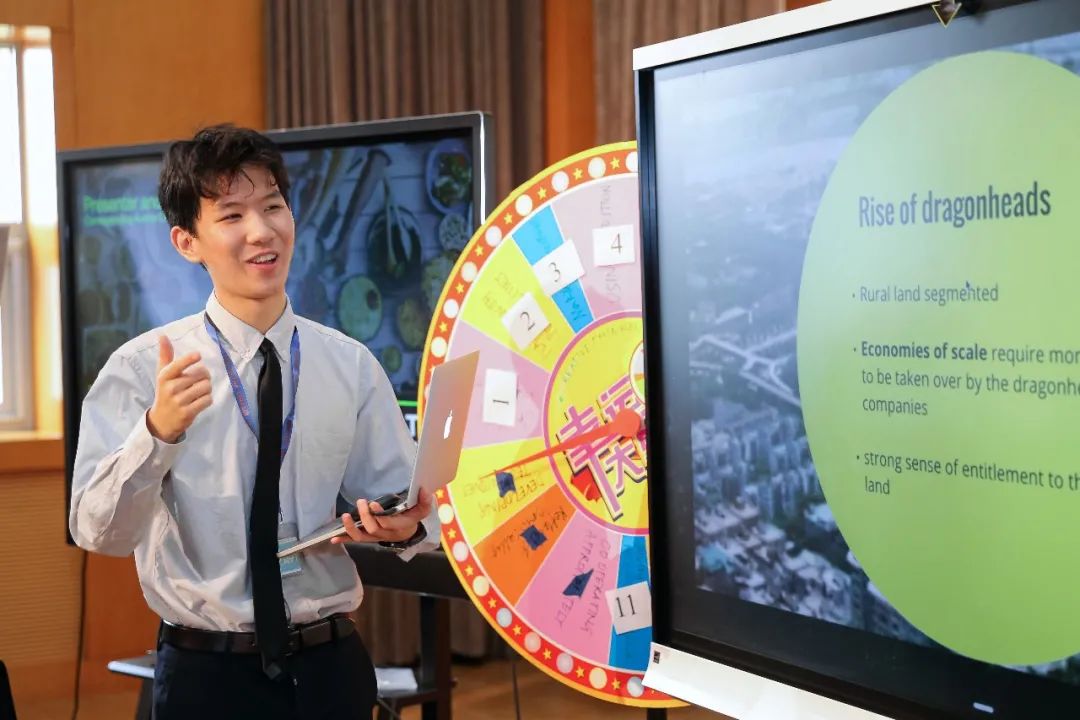
The EPQ and independence
In this qualification, it is not the case that pupils are left entirely on their own to complete the project, as Hendrick and Macpherson note “students cannot think critically about things they do not know” (2017, p.204). Instead, pupils apply the general skills to their chosen area, for example by critically dissecting an argument of a seminal author, engaging in a debate with a subject specialist or knowing how to evaluate the effectiveness of different methodologies. These skills, even if somewhat more rudimentary at the EPQ level, are suited to undergraduate studies since the EPQ requires pupils to not only acquire enhanced subject knowledge but to challenge their own and others’ ways of thinking. Thus, EPQ pupils are challenged both cognitively and metacognitively. The University of Cambridge has commented that:
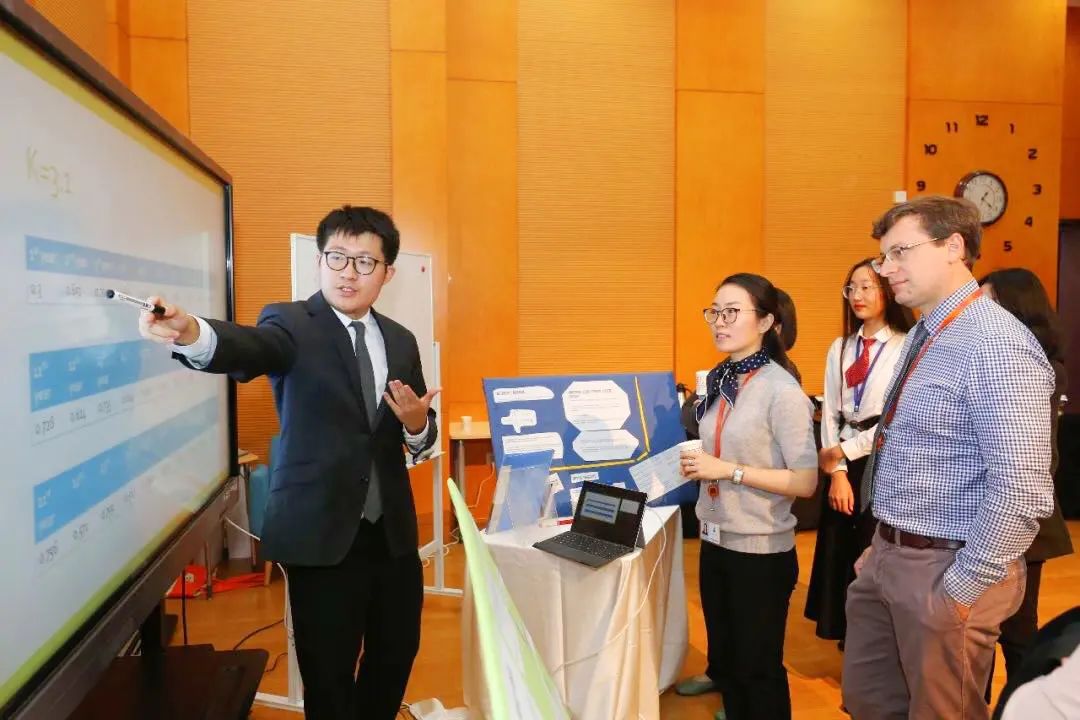
We welcome the introduction of the Extended Project and would encourage you to undertake one as it will help you develop independent study and research skills and ease the transition from school/college to higher education.
(published on the AQA website, 2020)
Furthermore, a major attraction of the EPQ is that it requires pupils to be autonomous in their topic selection. As a result, the chosen topic will often evolve from merely being of superficial interest to the pupil, to being of genuine significance to both the pupil themselves and even wider academic circles. Hendrick and Macpherson write that “students need to be given real and significant things from the world to think with and about if teachers want to influence how they think about thinking” (ibid). However, I suggest that simply giving our high attaining pupils something which the teacher deems to be ‘significant’ is not enough. Instead, it is important to permit pupils the opportunity to actively seek and explore this significance through their work, generating an understanding of why it is important on a wider scale.
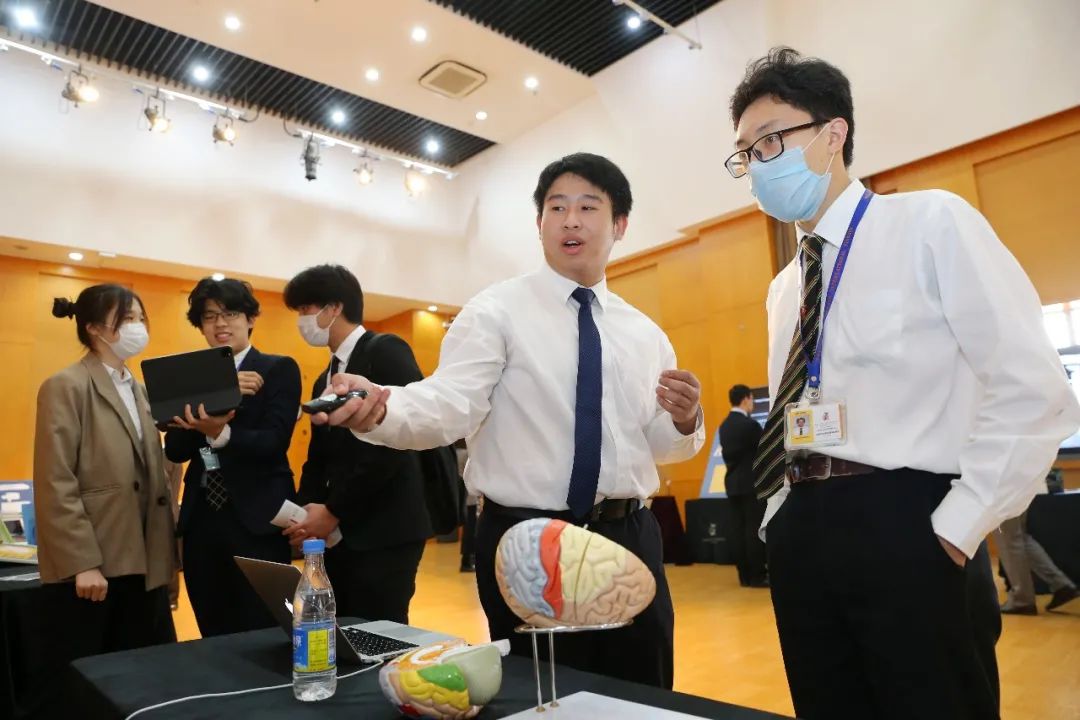
The EPQ marketplace
The final stage of the EPQ process requires pupils to transform their 5000-word essay into an engaging presentation. On Friday 9th October, the nine year 13 pupils presented their final projects in a marketplace display which contained an array of topics. The extensive list is contained in Table 2.
Why are the Western Balkans not part of the European Union and what is the primary cause for their heretofore non-accession?
To what extent was the Golden Age of economic growth in the USA (1950-73) caused by government intervention?
Quantum Computers: Risks to the future of modern day encryption and different methods of post quantum cryptography.
Perceptual Variations in Taste and Health: The Impact of Umami Sensitivity on Body Weight.






 Channel
Channel 
 Linkedin
Linkedin  Facebook
Facebook  Ins
Ins 

